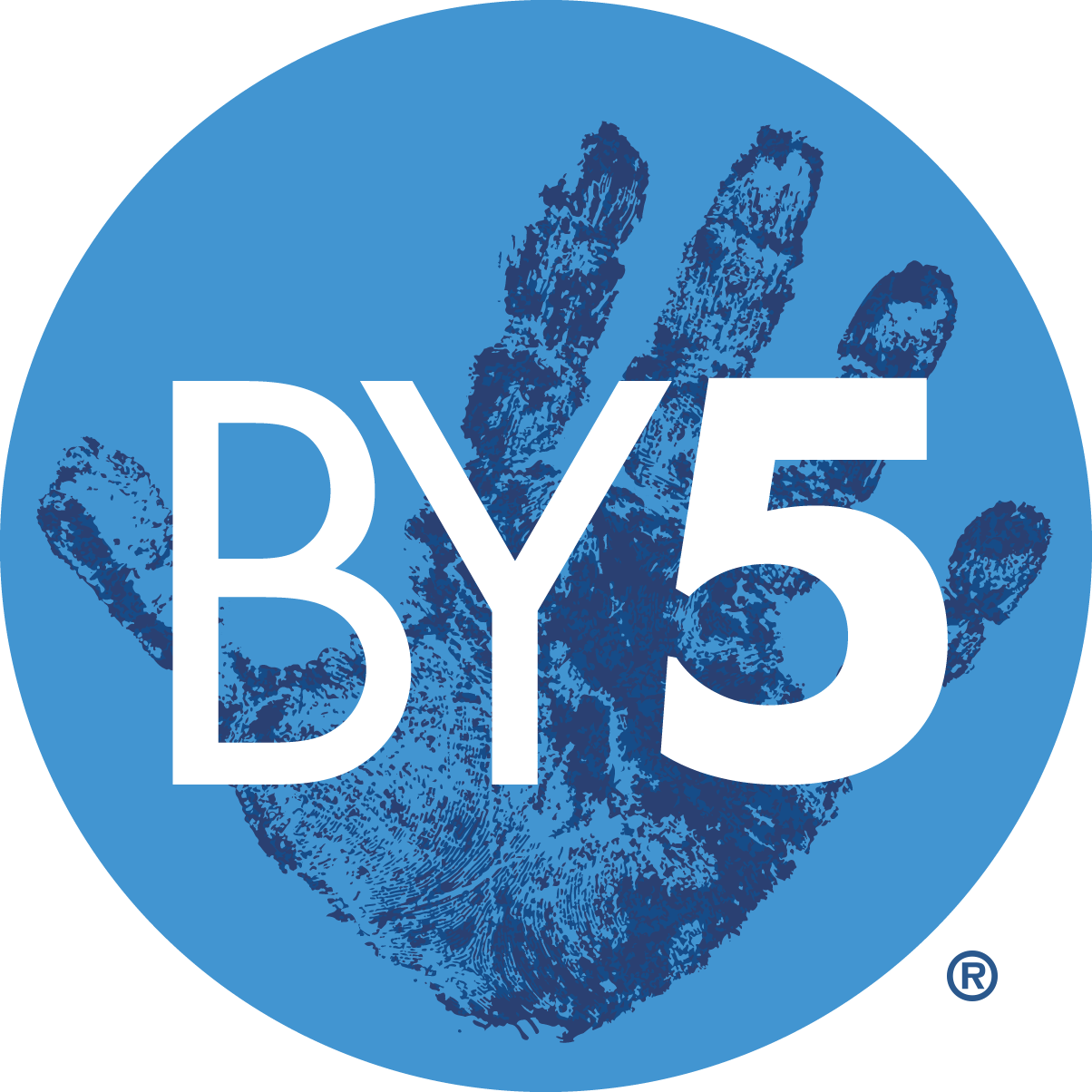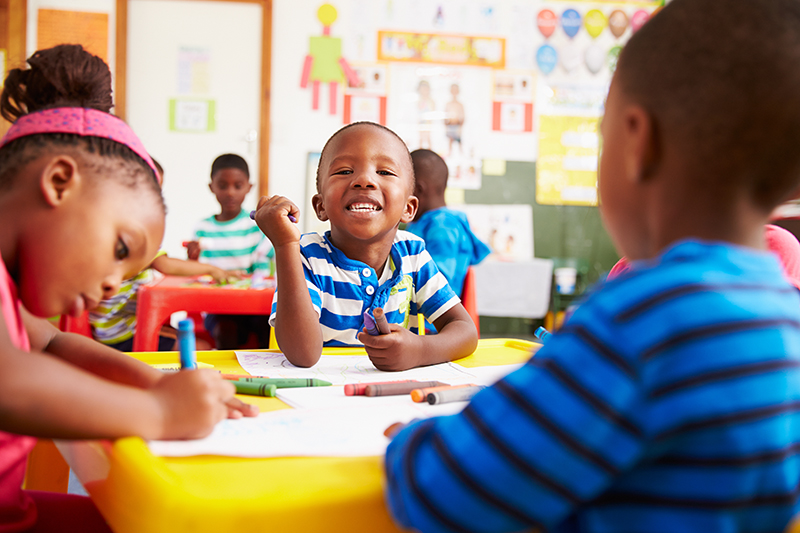Kindergarten readiness is a big topic, but understanding it is key to understanding our children’s—and community’s—future chances for success. Here are the basics you need to know:
1. BY5 has been measuring Kindergarten Readiness since 2013.
In 2013, BY5 conducted its initial round of Kindergarten Readiness assessments in all Muncie Community Schools Kindergarten classrooms. Each student was measured on a variety of factors, including social skills, literacy, and more (to learn about how we did it, see item #2.) The info was compiled collectively and gave BY5 an initial set of data to consult when considering the big-picture view of Kindergarten readiness in Delaware County. INSPIRE Academy, Yorktown, Selma, Daleville, Cowan, Burris, and Muncie Community Schools will all participate in BY5’s Kindergarten Readiness assessment in 2018.
2. Kindergarten Readiness is measured using the Essential Skills Checklist.
The Essential Skills Checklist was developed by local pre-school and Kindergarten teachers in order to authentically gauge what “Kindergarten Ready” looks like in our community. The checklist—and the data it produces—has been validated as reputable by education experts at Ball State University and contains 23 developmentally appropriate items. It looks for a child's ability to identify five colors, listen to a story to completion, ask for help, and other skills.
3. In 2017, Kindergarten readiness was higher in county schools and lower in MCS.
In 2017, Muncie Community Schools had close to 60% of children "Not Ready" for Kindergarten. Collectively, school systems in Delaware County rated at around 20% "Not Ready." A few large-scale factors contributing to low Kindergarten readiness include poverty, adverse childhood experiences (death, homelessness, divorce), and poor social-emotional health. BY5 works to curtail low scores with many initiatives, like "Kickoff to Kindergarten" preparation camps for at-risk incoming Kindergartners.






